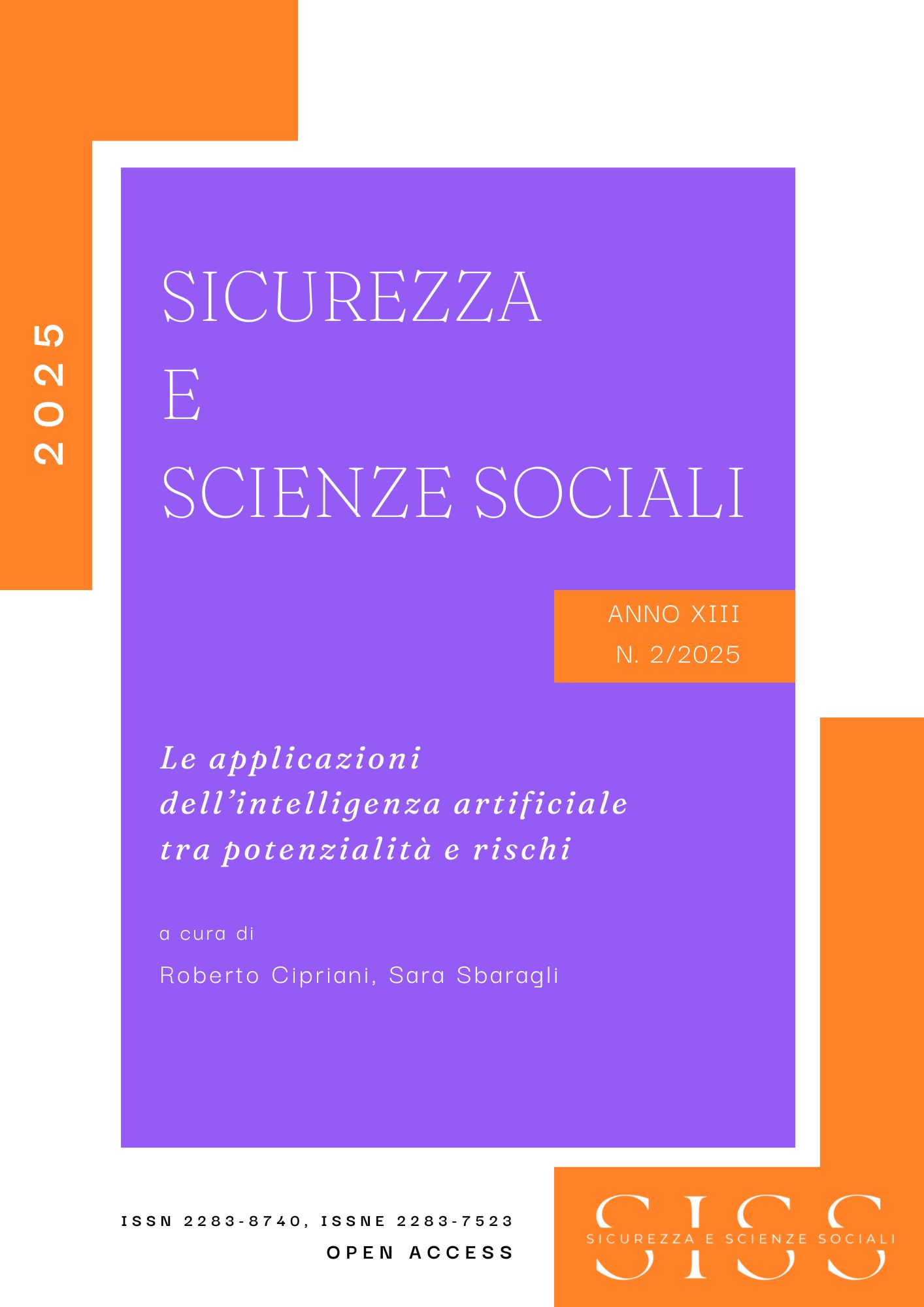The algorithm as judge: predictive justice, decision-making power and digital inequalities

Abstract
Artificial intelligence is redefining judicial reasoning, discretion and legitimacy. Predictive justice tools influence risk assessment and sentencing, raising questions about fairness and accountability. This article takes a sociological perspective to examine the implications of algorithmic decision-making in justice. Drawing on legal theory, sociology of law and critical algorithm studies, we examine artificial discretion, opacity, and the reproduction of inequality through data. Based on models that consider algorithms as socio-technical actors, we examine how they redistribute power within digital institutions. We also address the augmented justice approach, which combines human judgement with algorithmic support.
Parole chiave
sistemi giudiziari; giustizia predittiva; teoria del diritto; sociologia del diritto; governance algoritmica; IA e diritto.